Cryptocurrency
10 years ago, when you heard about Crypto, what was your first impression? As of April 2022, over 1 million Australians now own cryptocurrencies such as Bitcoin, Ethereum, Ripple, Cardano, and Dogecoin. Most cryptocurrency investors are under the age of 35, however, elderly Australians over 50 have the largest average cryptocurrency investment. Nowadays, it is very common for people to invest in crypto assets under personal names, SMSF, companies, trusts, and even operate businesses in crypto related fields.
Common encrypted assessts include coins and token, such as:
- Bitcoin, a cryptocurrency.
- Stable currency USDC.
- DAI, an investment token.
- Game token GALA.
- BAYC, an irreplaceable token.
For Beginners
Encrypted assets are a digital representation of value that you can transfer, store, or trade electronically. This also includes Non fungible Tokens (NFTs). Blockchain is a secure digital ledger used to store encrypted transaction records. Transactions involving encrypted assets have the same tax rules as general assets. There are no special tax rules for encrypted assets. Tax treatment will depend on how you acquire, hold, and dispose of assets. For tax purposes, encrypted assets are not a monetary form.
The way you use or trade encrypted assets will determine how you treat them for tax purposes. The most common use of encrypted assets is as an investment (investors acquire and hold encrypted assets to obtain financial profits by holding or disposing of these assets).
Generally speaking, for investors:
- Crypto assets are taxed as CGT assets, including self-managed super funds that invest in crypto assets.
- For tax purposes, the reward for holding cryptocurrency is regular income.
Like other CGT assets, if your crypto assets are held as investments, you can pay taxes on the net capital gains for the year. This is:
- Your total capital gain;
- Minus any capital losses;
- Subtract any CGT discounts you may have on capital gains.
In some cases, encrypted assets are not primarily used for investment, but rather for personal use. Encrypted assets are not subject to CGT constraints when specific conditions are met, as they are considered assets for personal use.
For Traders
Not everyone who uses encrypted assets will conduct business. In order to conduct business, you usually:
- Conduct your activities in a commercially feasible manner for commercial reasons;
- Plan to make a profit or sincerely believe that you will make a profit, even if you are unlikely to do so in the short term;
- Conduct activities in a planned, organized, and similar commercial manner – this may include keeping business records, preparing business plans, and obtaining capital assets or inventory based on your business plan;
- Regularly repeat similar types of activities for your company.
However, the overall size, high activity volume, or complexity of your transaction does not necessarily mean that you are using encrypted assets to conduct business.
As an investor, if you receive new encrypted assets due to chain splitting (such as Bitcoin cash received by Bitcoin holders), the value of the new encrypted assets will not be considered:
- Ordinary income.
- The capital gain upon receipt.
However, when you dispose of new encrypted assets obtained due to chain segmentation, you need to calculate your capital gains or losses. The cost basis for the encrypted assets you obtain due to chain splitting is zero ($0).
Bet reward, as a forger who creates a new block, you usually receive an additional token form reward from holding the original token. The monetary value of additional tokens is your regular income when you receive them. You need to declare the income on your tax return as other income.
The monetary value of the established tokens you receive through air drop is ordinary income when you receive them. You need to declare it as other income on your tax return.
For business purposes
Cryptocurrency has various types of businesses. They include utility tokens, cryptocurrency exchanges, payments (digital wallets), security, stable coins, DeFi (distributed finance) tokens, NFTs, asset support tokens, cryptocurrency hardware including ATM, and cryptocurrency related financial services such as cryptocurrency asset management services and crowdfunding services. These categories are based on several things, including the recipe or code for cryptocurrencies, applications or use cases, and functionality.
In addition, many IT companies are involved in this field, including issuing their own tokens and blockchain, as well as providing similar services to other companies.
Enterprises trading encrypted assets may need to treat them as trading stocks or ordinary income (i.e., in the income account, rather than as investment capital gains and losses). In this case, the cost of acquiring encrypted assets and the proceeds from disposing of these assets are either ordinary income or deductible expenses, depending on the nature of the transaction.
Services
Book with your local INP office arrange for a 30 minutes free consultation
Schedule a call with our experts

Leo Huang
CA
Partner
